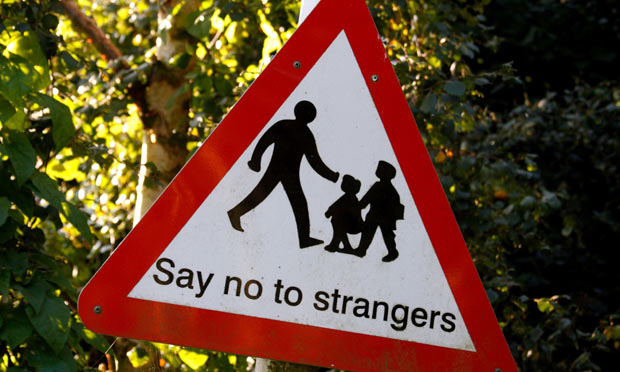|
This morning I was speaking with someone about ‘Stranger Danger’ and how this approach, in isolation, can lull children into a false sense of security. Statistically speaking a child is at greater risk from adults known to them and they need to be equipped with the skills necessary to spot and respond to risky situations. The idea that they can only be harmed by a faceless stranger is a dangerous one. Coincidentally, a couple of hours later I read an article in the Independent which reports ‘Stanger Danger’ does more harm than good. The charity Parents and Abducted Children Together is calling for "stranger danger" to be abandoned by schools and parents, and replaced with a more complex message about recognising dangerous situations rather than people. The above video from the 1980's looks very dated now and so is it's message (I've included it purely for nostalgia). Before this one there was "Charley Says" in the 1970s with his message about the danger of strangers in parks. Below I have posted some advice to help keep your child safe in the 21st century. You should select those that are most age appropriate.
If you have any more tips please share them in the comments. Have a great day!
0 Comments
Your comment will be posted after it is approved.
Leave a Reply. |
AuthorI'm a Qualified Children's Social Worker with a passion for safeguarding and family support in the UK. Archives
August 2016
Categories
All
|


